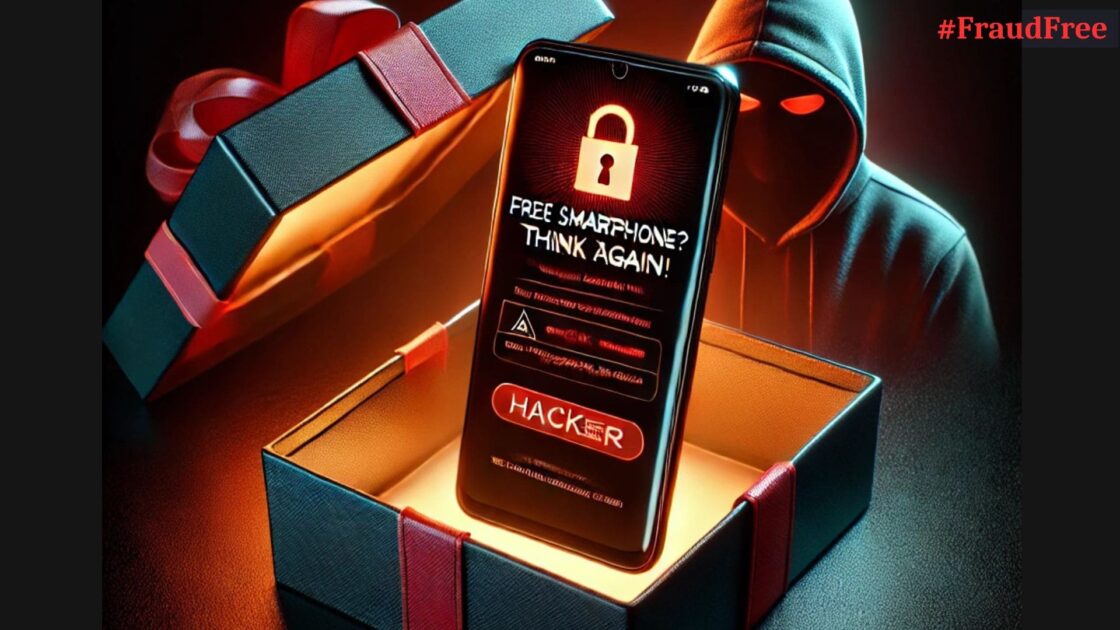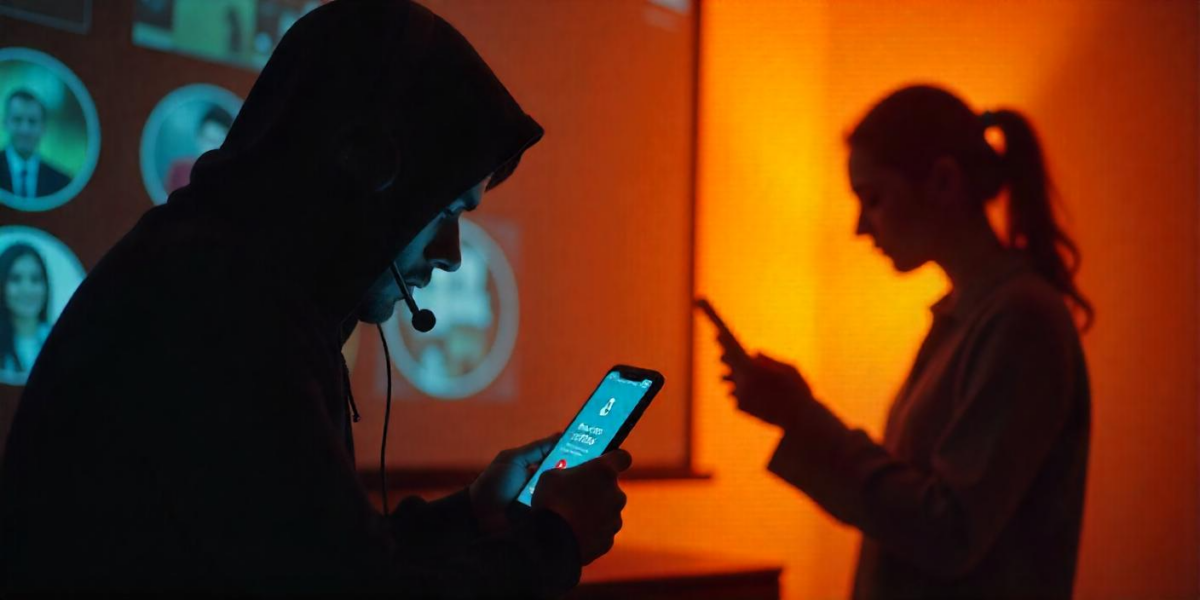In today’s digital-first world, it’s not uncommon to hear of cyberattacks. But it hits differently when it happens in your city, to a company that was just going about its regular business day.
That’s what went down with Whiteboard Technologies, a Bengaluru-based firm that deals with structural steel detailing.
Everything was working fine… until suddenly, it wasn’t.
The Moment Everything Froze
It was just another post-lunch hour in the Sanjaynagar office. Someone from HR, Radha Krishnan, opened her system like she always does. But this time, things didn’t load like they usually did.
She called out to the IT guy.
“Hey, can you check this? I’m getting some weird message here.”
The screen had gone black, except for one line:
“Your files are encrypted. Pay $70,000 to decrypt.”
At first, it looked like one of those prank pop-ups, but this wasn’t a joke. Within minutes, more employees started reporting the same message.
A Message From the Shadows
Then came the actual ransom message, this time, via email and Telegram. The sender had a cryptic username, and a secure onionmail email address.
It wasn’t just encrypted files. The attackers claimed to have stolen critical company and customer data. And they weren’t bluffing.
They gave Whiteboard a choice:
Pay up, or we’ll leak everything on the dark web.
Behind the Curtain: What Happened?
From what investigators have uncovered so far, this was a targeted ransomware attack.
The hackers breached Whiteboard Technologies’ systems between 4:23 and 5 PM on March 31st, probably through some form of phishing or a vulnerability in their network.
Once inside, they encrypted all key files and locked everyone out.
The hackers knew what they were doing. This wasn’t some bored teenager. The whole thing was professional, clean, calculated, and anonymous.
The Response: A Rushed Plan, A Real Scare
Realizing this wasn’t something they could fix in-house, the company reported the attack.
An FIR was filed with Bengaluru’s North CEN police station. The cybercrime division is on the case now, led by ACP Pavan N.
CERT-In (India’s Computer Emergency Response Team) was also notified, but so far, decrypting the locked data isn’t looking good.
Unless the attackers release the key or the company has a clean backup (which, let’s be honest, most don’t keep updated), the data might be gone for good.
Not the First, Not the Last
Whiteboard Technologies isn’t alone in this. Whitefield, Bengaluru’s tech corridor, reported over 3,600 cybercrime cases just last year. Of those? Barely 24 got solved.
The scary part is, most of these companies aren’t doing anything wrong. They’re just unprepared.
As one cybersecurity expert put it:
“Hackers don’t need a reason. They just need a weakness.”
And in Whiteboard’s case, that’s exactly what they found.
The Real Cost of a Digital Break-In
Let’s be real, ₹60 lakh might seem like the biggest loss. But the actual damage? It’s deeper than money.
There’s the downtime. The broken client trust. The man-hours were lost trying to recover files.
And worst of all, the uncertainty of whether stolen data is already floating somewhere on the dark web.
When business continuity depends entirely on digital infrastructure, this kind of attack doesn’t just pause operations, it dents reputations.
How It Hit the Common Man
Most people think cyberattacks only affect big companies or tech teams. But the truth is, the real-world impact often lands on everyday people quietly, and sometimes painfully. Here’s how.
1. Your Data Might Be in That Breach
You may have never heard of Whiteboard Technologies before this attack, but what if they were working with a builder constructing your apartment block?
Or a company managing public infrastructure?
If your details — phone number, ID proofs, even payment details- were part of their database, they’re now in the hands of hackers.
That info could be sold on the dark web, used for identity theft, or to launch more scams (like phishing calls or fake job offers).
2. Delayed Services, Broken Systems
Let’s say a company working on public transportation systems or hospital equipment gets hit. It might sound dramatic, but real-world cases have seen:
- Flights grounded
- Hospital systems locked
- Government e-portals down for days
Who suffers the most? Not the CEOs. It’s the regular citizens waiting for an appointment, a permit, or a train.
3. Higher Prices, Hidden Costs
When a business pays ransom (and many quietly do), that cost doesn’t disappear. It often gets transferred into service pricing, insurance premiums, or budget cuts.
So indirectly, you pay for the cyber attack, whether it’s in your cab fare, the itemized bill at a hospital, or slower service from a brand.
4. Loss of Trust in Systems
Every time a major cyber attack is reported, it chips away at public trust in digital systems. You start second-guessing every app, portal, or payment link. It creates a kind of digital anxiety.
Not everyone has the tools to verify if a website is legit or spot a phishing attempt. And scammers take full advantage of this confusion.
5. You Could Be the Next Entry Point
One of the most overlooked risks: you, the common user, could unknowingly become the weak link.
If you’re an employee at a company, maybe even a small vendor or partner, a single click on a malicious email could trigger an attack on the whole system.
So weirdly, these stories aren’t just cautionary tales, they’re warnings about how interconnected we all are in the digital world.
What Can We Learn From This?
Here’s the thing: ransomware attacks aren’t just hitting the “big” companies anymore. Mid-size firms, startups, agencies — anyone with data is a target.
So what’s the takeaway?
- Always have secure, offline backups.
- Train employees to recognize suspicious links and phishing emails.
- Set up multi-factor authentication and endpoint protection.
- And most importantly, assume it can happen to you, and plan like it already has.
Closing Thoughts: A Wake-Up Call
Whiteboard Technologies did what most of us would: they focused on growing the business, hitting deadlines, and keeping clients happy. Cybersecurity? That’s something you’ll get to eventually… right?
But “eventually” never came. And that’s exactly what the hackers did.
Whether you’re running a business, freelancing, or just storing your important docs online, maybe it’s time to ask — if this happened to you tomorrow, how ready would you be?







